

Managing sepsis
Developing a new test to improve sepsis outcomes
In advance of World Sepsis Day, Imperial and MicrosensDx announce a collaboration to develop a more effective test for the devastating disease.



Developing a new test to improve sepsis outcomes
In advance of World Sepsis Day, Imperial and MicrosensDx announce a collaboration to develop a more effective test for the devastating disease.


Imperial’s human challenge study helps explain why some people don’t get COVID
New analysis based on Imperial’s COVID-19 human challenge study has helped to uncover how some people avoid getting sick.


Centre for Inflammatory Disease awarded Gold LEAF Award
The centre in the Department of Immunology and Inflammation is the first lab in the Faculty of Medicine to receive a Gold Award.
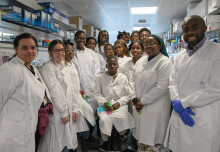

Imperial’s Sickle Cell Research Group welcomes Sickle Cell Warriors
Researchers at Imperial hosted a visit for children living with Sickle Cell to tour Hammersmith Campus.
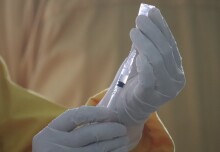

Immunosuppressing medicine can be interrupted to boost COVID-19 vaccine response
Interrupting treatment of immunosuppressing medicines for two weeks can significantly improve antibody immunity provided by COVID-19 booster vaccines.
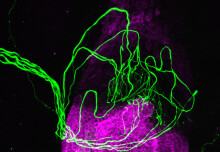

Hidden way for us to feel touch uncovered by Imperial researchers
Imperial researchers have discovered a hidden mechanism within hair follicles that allow us to feel touch.
 4
4


Imperial expert’s book explains why our gut microbiome matters
An Imperial surgeon specialising in the gut microbiome has published a new book to explain why it is important for our health.
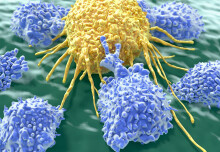

NK:IO raises further investment for cell therapy targeting ovarian cancer
Imperial startup NK:IO has raised an additional £1.2m, in a funding round led by Cancer Research Horizons, the innovation arm of Cancer Research UK.
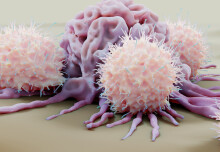

Natural killer cell therapy under development by new Imperial startup
Harnessing specialised cells from the body’s immune system promises cheaper, more effective cancer treatments.
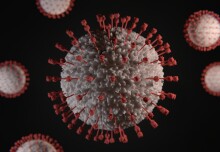

Study shows real-world COVID-19 vaccine response in vulnerable patient groups
Data from the OCTAVE study show for the first time COVID-19 vaccine responses for people with immunocompromised or immunosuppressed conditions.